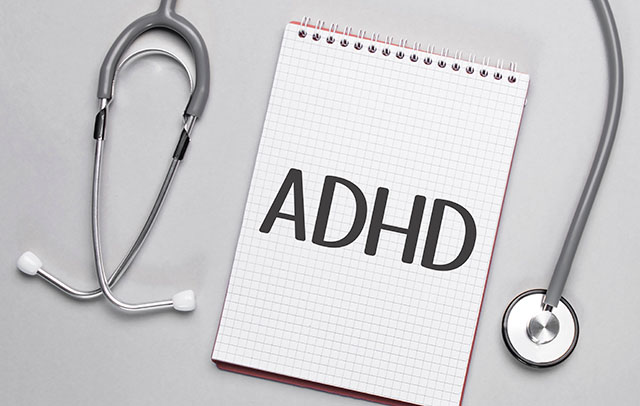ADHD (Attention Deficit Hyperactivity Disorder) and ADD (Attention Deficit Disorder) are disorders that affect focus, self-control and executive functioning in both children and adults. ADHD impacts 11% of children and 5% of adults in the U.S. However, these numbers likely reflect a lower estimate given some of the unique challenges that come along with accurate diagnosis and misconceptions associated with treatment.
October is ADHD awareness month and despite the common occurrence of this disorder in children and adults, there continues to be stigma about diagnosis and treatment. We have previously written about some of the most common ADHD myths. In this article, we hope to build on our previous post by identifying and debunking more myths associated with diagnosis and treatment.
Myth #1: ADHD is the result of bad parenting
Fact: ADHD is caused by brain differences, not bad parenting.
Some people see kids fidgeting, being impulsive, or not listening and blame parents for a lack of discipline. The truth here is that ADHD behaviours can challenge otherwise effective parenting styles. Parents of children with ADHD are often working twice as hard as their parental peers and sometimes have to learn entirely different parenting techniques.
Myth #2: ADHD medications will change someone’s personality
Fact: Medication will not change personality when the person is on the right ADHD medicine and appropriate dose.
ADHD medications should not change someone’s personality. Rather, the aim of these medications is to make a positive impact on behaviors such as better focus, planning, and follow through. It is important for a physician to closely monitor medication and it may take time to find the right medication and the appropriate dose.
Myth #3: ADHD medications can cause addiction problems later on
Fact: There is no evidence that the use of stimulant medications for ADHD in childhood lead to addictive disorders in adolescent or adulthood.
Stimulants are one of the predominant medications prescribed for ADHD. They improve symptoms of this disorder for an overwhelming 80% of patients. Even though they are stimulants, they do not result in a “high.” They work by increasing dopamine and norepinephrine in the brain. These are neurotransmitters that help with focus and attention. Many parents and individuals are skeptical when it comes to treating ADHD with medications because they fear they may cause addiction problems. However, individuals who are untreated for ADHD are actually at a greater risk for anxiety, depression, and addiction due to the stress the disorder can place on their academic, social, and everyday life.
Myth #4: Medication can cure ADHD
Fact: ADHD is a chronic condition that typically does not go away, although it’s presentation may be improved with treatment.
Starting treatment and medication for ADHD will not “cure” the disorder. Rather, the right treatment protocol will help a person to function well at each stage of childhood, adolescence, and adulthood.
Myths about ADHD diagnosis and treatment can lead to negative stigma, misinformation, and under-diagnosis and treatment. It is important to debunk these myths in order to provide accurate education and resources for individuals and families.

